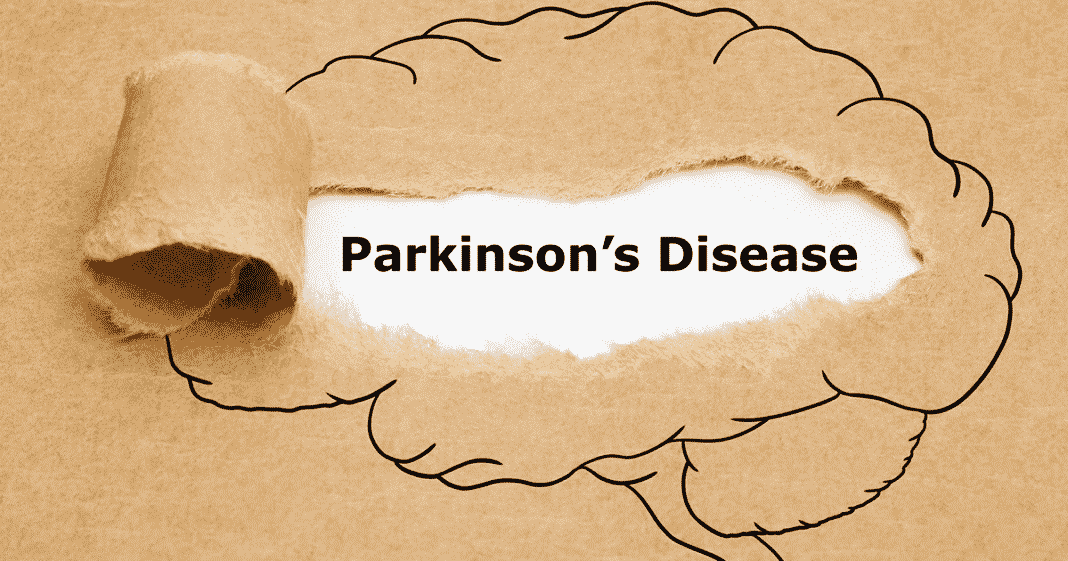In the United States, almost one million people live with Parkinson’s disease. This debilitating disease has no cure, and receiving a PD diagnosis can be incredibly upsetting. Whether you or your loved one have been recently diagnosed, it is important to develop good coping mechanisms to adjust to life with PD. Here are a few tips that can help you deal with a Parkinson’s disease diagnosis.
What Is Parkinson’s Disease?
Parkinson’s disease (PD) is a neurodegenerative disorder that affects movement. People with this disease could find it difficult to walk, their balance and coordination may be off, and they could experience stiffness and shaking. Besides issues with bodily movements, people with PD can also experience non-motor symptoms such as anosmia, insomnia, cognitive impairment, and depression.
Treating Parkinson’s Disease
There is no cure for PD; however, people can seek physiotherapy and occupational therapy to reduce certain symptoms. They can also take medication, as prescribed by a medical professional, and some people can even undergo brain surgery. A healthcare specialist can provide you with the right support and treatment to help you manage your symptoms.
Make Empowering Decisions
As a progressive disease, it is important that you think about the future and make important decisions now. From home care to senior living, there are plenty of choices to suit your lifestyle. Senior living includes independent living and assisted living. Independent living is suitable for people who are able to carry out daily activities autonomously while assisted living is ideal for those who need a little extra assistance.
Belmont Village Buckhead provides the best assisted living Atlanta has to offer. Their experienced staff are specially trained to offer you a good balance of support and care to suit your needs.
Track Your Experiences
People with PD may experience motor fluctuations, also known as the on-off phenomenon. By making a note of your personal experience with PD and tracking your ‘on’ episodes, you can make decisions that will help you get the most out of your day.
Take Control
Once you understand how PD affects you, you can create a fulfilling schedule for activities, meal times, and medication. Take control of the way you live and make healthy choices to help manage your condition. Regular physical activity can help you maintain your existing mobility skills and improve your balance.
Some studies also suggest that being active can relieve certain PD symptoms and slow the progress of the disease. Make sure you schedule exercise at a time that suits you. Furthermore, a healthy diet filled with nutritious food can also help you manage your symptoms. Be mindful about your meals and your medication, as some foods can affect medication.
Manage Your Stress
A Parkinson’s disease diagnosis can be overwhelming, and it is natural to feel anxious and stressed. Managing your stress can help you stay level-headed and improve your emotional and mental wellbeing. Not to mention, it can also have a positive effect on the way you carry out everyday activities. Meditation is an effective technique that can help you manage stress.





